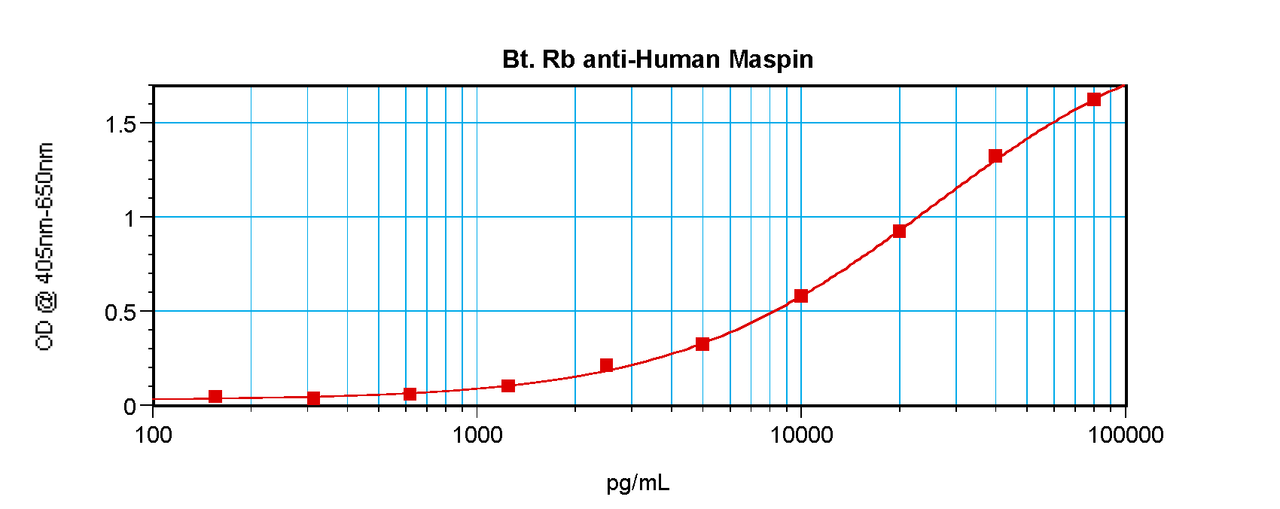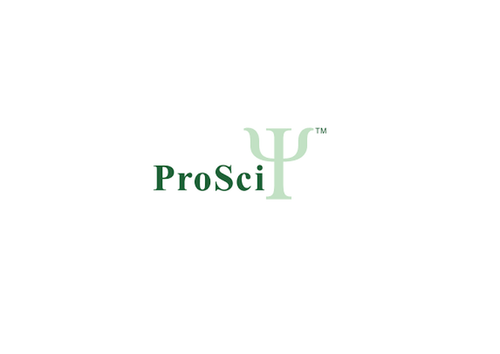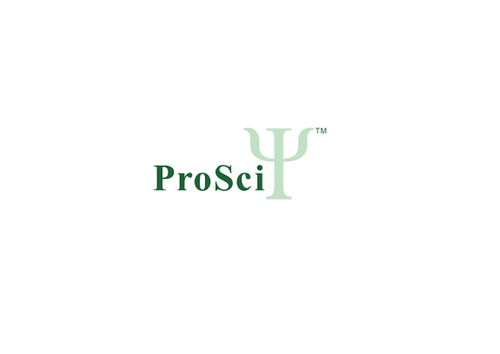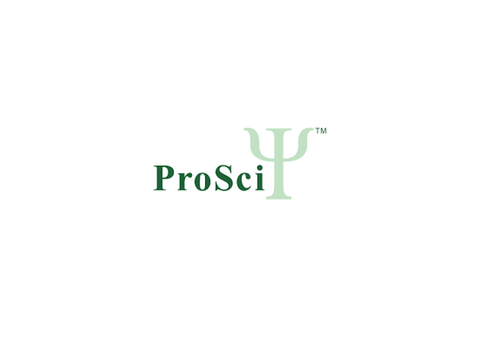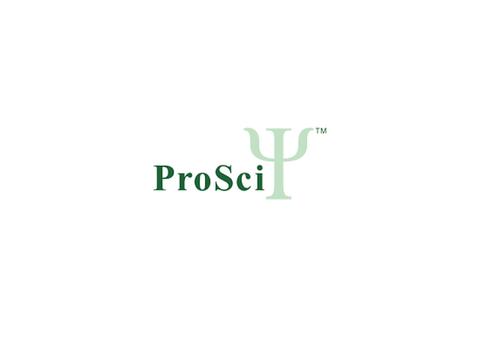Product Description
Maspin Antibody (biotin) | 38-278 | ProSci
Host: Rabbit
Reactivity: Human
Homology: N/A
Immunogen: Produced from sera of rabbits immunized with highly pure recombinant Human Maspin. Human Maspin specific antibody was purified by affinity chromatography and then biotinylated.
Research Area: Antibody Pairs
Tested Application: E, WB
Application: ELISA:
Sandwich:
To detect Human IL-17D by sandwich ELISA (using 100 μL/well antibody solution) a concentration of 0.25 - 1.0 μg/mL of this antibody is required. This biotinylated polyclonal antibody, in conjunction with ProSci’s Polyclonal Anti-Human IL-17D (38-266) as a capture antibody, allows the detection of at least 0.2 - 0.4 ng/well of recombinant Human IL-17D.
Western Blot:
To detect Human IL-17D by Western Blot analysis this antibody can be used at a concentration of 0.1 - 0.2 μg/mL. Used in conjunction with compatible secondary reagents the detection limit for recombinant Human IL-17D is 1.5 - 3.0 ng/lane, under either reducing or non-reducing conditions.
Specificiy: N/A
Positive Control 1: N/A
Positive Control 2: N/A
Positive Control 3: N/A
Positive Control 4: N/A
Positive Control 5: N/A
Positive Control 6: N/A
Molecular Weight: N/A
Validation: N/A
Isoform: N/A
Purification: N/A
Clonality: Polyclonal
Clone: N/A
Isotype: N/A
Conjugate: Biotin
Physical State: Lyophilized
Buffer: N/A
Concentration: N/A
Storage Condition: The lyophilized antibody is stable for at least 2 years from date of receipt at -20˚C. The reconstituted antibody is stable for at least two weeks at 2-80˚C. Frozen aliquots are stable for at least 6 months when stored at -20˚C. Avoid repeated freeze-thaw cycles.
Alternate Name: PI5, maspin, PI5, Serpin B5, Maspin, PI-5
User Note: Centrifuge vial prior to opening.
BACKGROUND: Maspin was discovered as a mammary tumor suppressor that is expressed in normal mammary epithelium but lost in most breast cancer cell lines. While maspin is related to the serpin family of serine protease inhibitors, it may not function as a protease inhibitor. It plays an essential role in embryonic development through critical roles in cell adhesion. While the precise mechanism of maspin signaling is unclear, the tumor suppressing activity of maspin has been attributed to its ability to inhibit cell invasion/metastasis and angiogenesis, while promoting apoptosis. Nuclear translocation of active IKKα has been shown to repress maspin transcription and promote prostate cancer metastasis.
 Euro
Euro
 USD
USD
 British Pound
British Pound
 NULL
NULL


